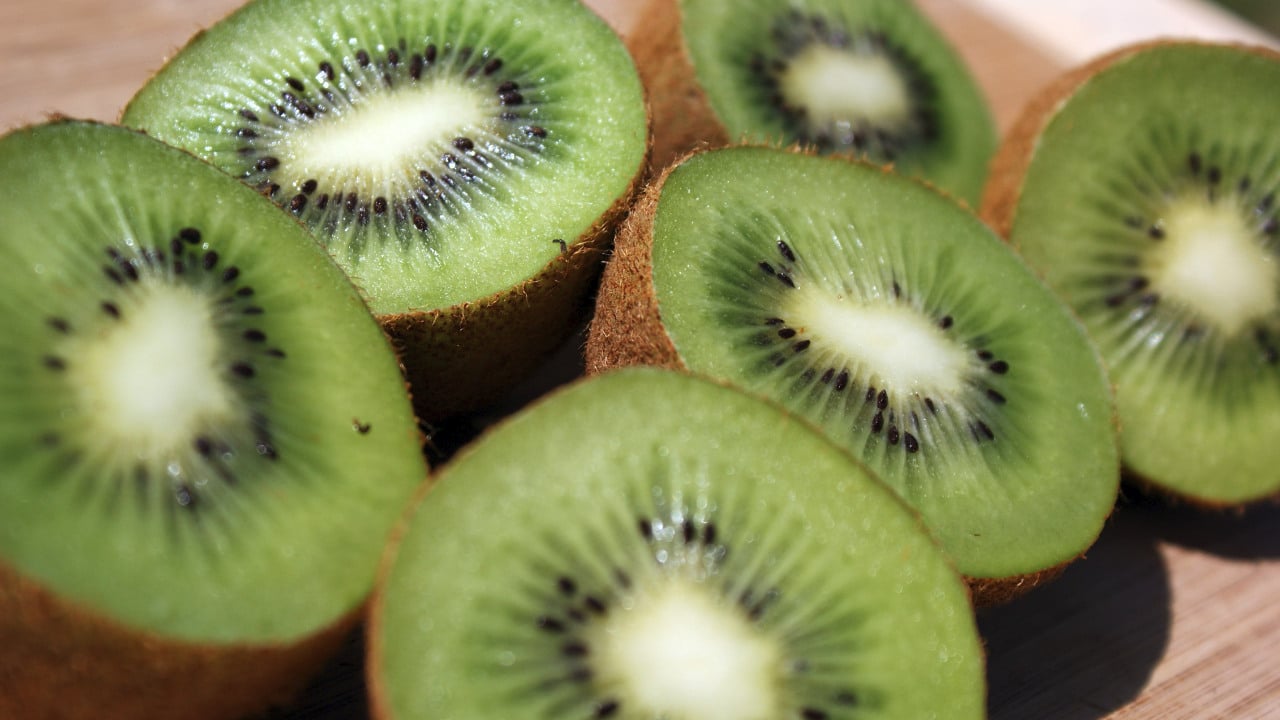12 Healthiest Fruits to Grab at the Supermarket

What makes fruit good for you? Why do we need so many different kinds?
Different fruits contain vitamins and other healthy ingredients that everyone needs. Each fruit offers different kinds.
You need to know the health benefits of each fruit to learn which are most beneficial to you. If you need more of any specific vitamin or mineral, one or more of these fruits should fit the bill.
Apple

Apples contain a trio of powerful nutrients, including fiber, phytochemicals, and vitamin C. The healthy fiber in apples improves weight management and, when combined with the phytochemicals, provides you with antioxidants that reduce the risks of cancer by protecting your cells from oxidative damage.
Apples also help prevent type 2 diabetes and heart disease thanks to the pectin fiber and quercetin flavonoid found inside. Most of the pectin resides in the apple peel, so make sure you don’t take that off.
Orange

Oranges do wonders for your immune and digestive systems. The large amounts of vitamin C boost your immune system, protect your cells, and produce collagen.
This fruit also provide a type of fiber that cleans out your bowel, reducing the risk of ulcers and limiting the amount of sugar your body absorbs. Oranges gives you calcium, too, improving bone, muscle, and organ strength.
One more significant advantage of eating oranges involves pregnant people. Folate contained in the orange helps the body divide cells and make DNA. Our bodies all need folate, but pregnancy tends to cause a higher requirement of this nutrient.
Banana

The most commonly known health benefit of bananas comes from the high amount of potassium, which improves heart health. Many people have heard that you shouldn’t eat bananas if you have type 2 diabetes. While you should carefully observe your blood sugar levels, a banana contains sugars that should not heavily impact them thanks to a low-glycemic index.
Unripe bananas contain more starch and less sugar compared to ripe ones. They also have pectin fibers, which act as prebiotic nutrients when combined with the resistant starch, increasing healthy bacteria in your gut.
Apricot

Apricots contain Vitamin C to improve your immune system and make collagen, fiber to help regulate blood sugar levels and aid digestion, and potassium to boost heart health.
Another advantageous vitamin found in apricots, vitamin A, also boosts your immune system and helps with inflammation regulation. Professionals refer to vitamin A as retinol thanks to the health benefits provided to your eyes’ retinas. Retinol makes pigments your retinas need and even produces moisture to lubricate your eyes.
Blackberry

Blackberries also contain dietary fiber and vitamin C. On top of those, they provide vitamin K, which supports bone repair and blood clotting. Vitamin K is difficult to obtain from a regular diet, making blackberries quite a vital purchase.
Another health benefit gained from blackberries involves Anthocyanins. Anthocyanins, which cause the deep purple color, boost cognitive function and regulate blood pressure.
Strawberry

Strawberries are packed with potassium and antioxidants, which can help lower blood pressure and keep your heart healthy. Strawberries also contain polyphenols, which help improve sensitivity to insulin for nondiabetic people and even aid your body in metabolizing glucose.
The anti-inflammatory effects of the flavonoids in strawberries may also boost memory and help prevent cancer and arthritis. (Although these effects have yet to be concretely proven)
Grape

Like strawberries, grapes contain polyphenols. One polyphenol found in grapes is called proanthocyanidin. A 2022 study indicates that this particular polyphenol may reduce the chances of certain cancers and other skin conditions.
Other polyphenols found in grapes reduce the risk of heart conditions and regular blood pressure in tandem with potassium.
Lemon

Lemons contain pectin fibers, vitamin C, and potassium. One vitamin we haven’t seen yet is B6, which helps your body convert food into energy. They also contain diosmin, an antioxidant known for anti-inflammatory properties.
Even lemon peels have medicinal purposes. A nutrient called D-limonene resides mainly in the peel and helps relieve heartburn and acid reflux.
Dragon Fruit

Dragon fruit has many beneficial properties, such as cell-building vitamin C, anti-inflammatory flavonoids, and fiber to improve digestive health.
Another powerful benefit of dragon fruit involves managing blood sugar levels. When eaten fresh, dragon fruit contains antioxidants and soluble fibers that cause an anti-insulin-resistant effect. Sadly, the anti-insulin resistance only affects pre-diabetics and has little impact on those who already have type 2 diabetes. It works as a preventative for everyone else.
Papaya

Eat papaya if you need a good source of fiber, potassium, and vitamins A, C, and E to help boost your immune system digestion and reduce inflammation. Papaya also contains a specific antioxidant called lycopene, which may reduce the risks of a stroke or heart disease.
Another interesting benefit of eating papaya comes from the seeds in the center of the fruit. A trial conducted in 2007 proved the seeds produce anti-amoebic and anthelminthic properties. One use for such properties involves killing intestinal parasites.
Mango

Mangoes are packed full of vitamins and nutrients, including magnesium, potassium, and vitamins A, B6, B9, C, E, and K. The magnesium in mango helps regulate your pulse and lower blood pressure.
Vitamin B9 is another name for the folate we mentioned earlier, making mangos ideal for pregnant people as well. It actively reduces the risk of congenital disabilities as well.
Kiwifruit

Kiwifruit contains many beneficial vitamins and nutrients similar to other fruits, such as healthy fiber, potassium, and vitamins B9, C, and E. Kiwifruit also contains antioxidants, enzymes, and phytonutrients, which all work together to improve metabolism.
One interesting benefit that sets kiwifruit apart involves the abundant cysteine protease actinidin protein. Actinidin aids your body in digesting proteins and increases intestinal permeability.





